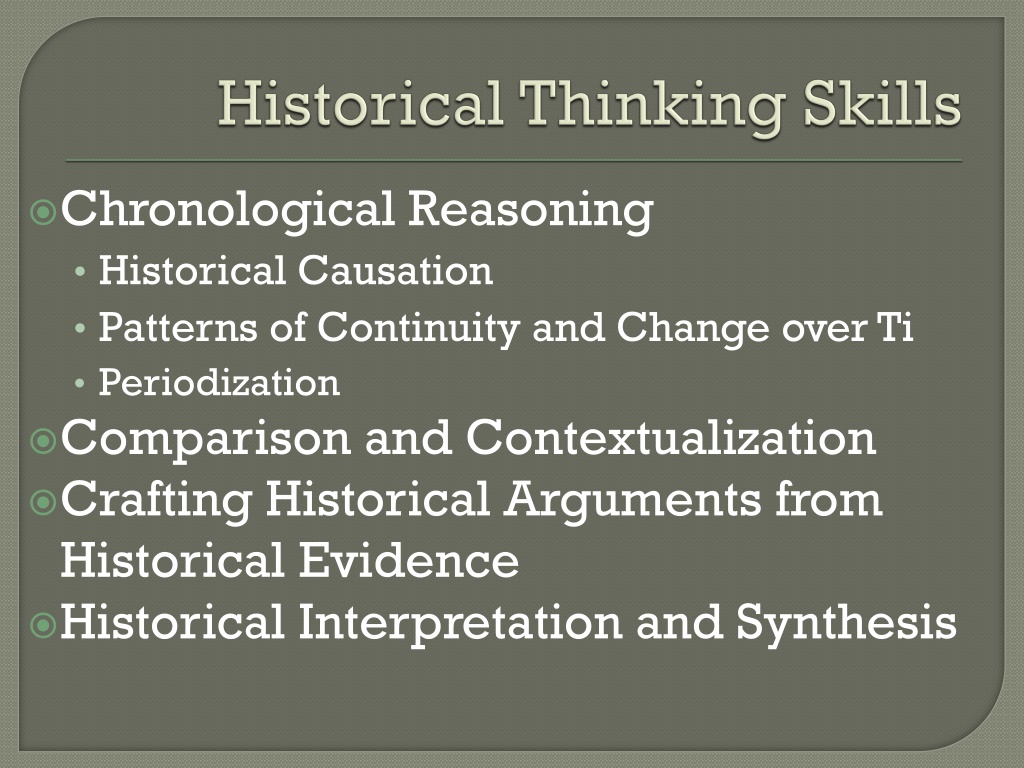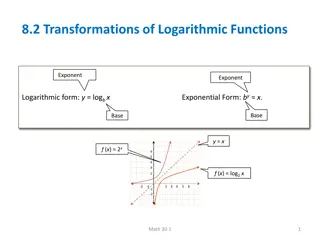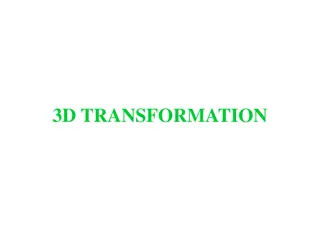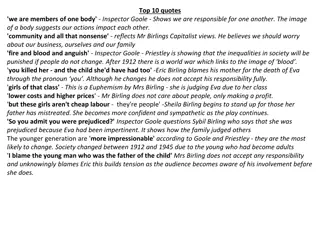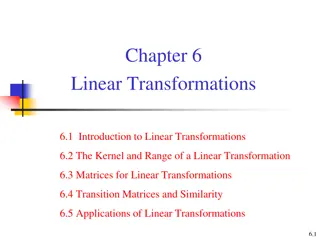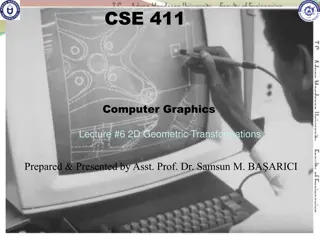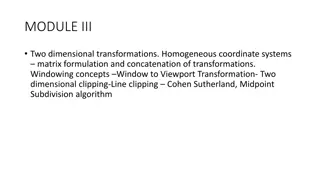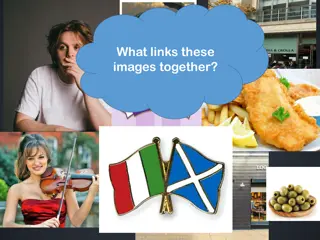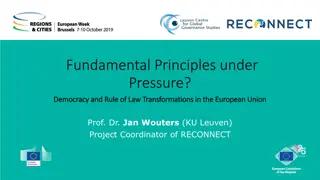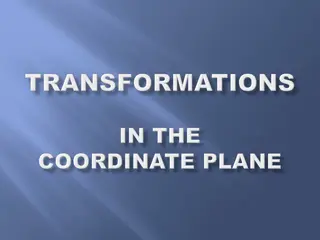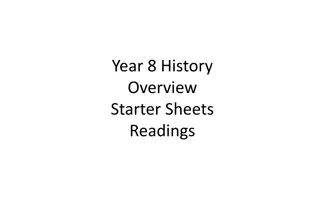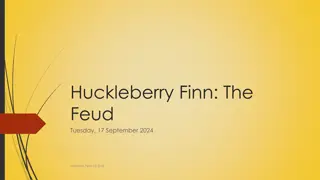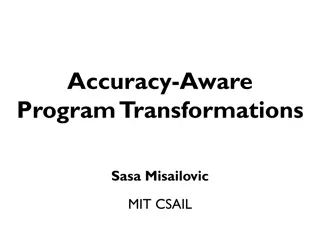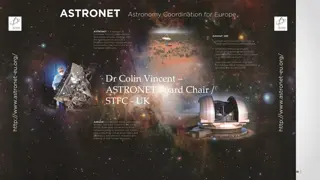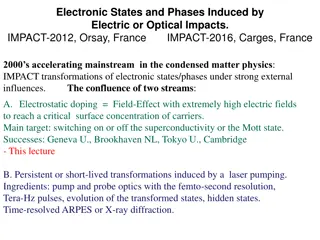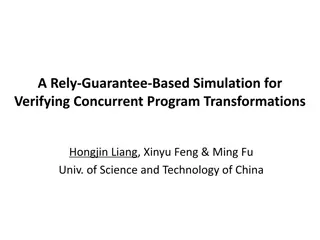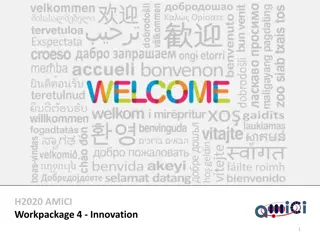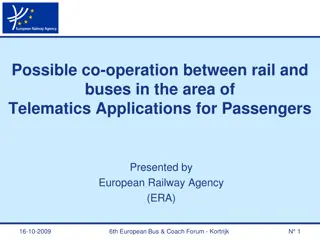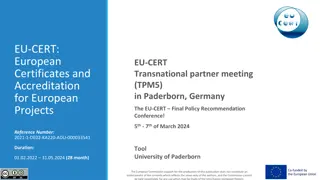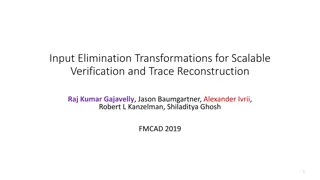European Historical Themes and Societal Transformations
Exploring the interactions of Europe with the world, the development of capitalism, shifts in governance structures, and the evolution of knowledge sources and institutions over time. Analyzing the impact of European contact on global societies and the changes brought about by economic, social, and political developments.
Uploaded on Oct 05, 2024 | 0 Views
Download Presentation

Please find below an Image/Link to download the presentation.
The content on the website is provided AS IS for your information and personal use only. It may not be sold, licensed, or shared on other websites without obtaining consent from the author.If you encounter any issues during the download, it is possible that the publisher has removed the file from their server.
You are allowed to download the files provided on this website for personal or commercial use, subject to the condition that they are used lawfully. All files are the property of their respective owners.
The content on the website is provided AS IS for your information and personal use only. It may not be sold, licensed, or shared on other websites without obtaining consent from the author.
E N D
Presentation Transcript
Chronological Reasoning Historical Causation Patterns of Continuity and Change over Ti Periodization Comparison and Contextualization Crafting Historical Arguments from Historical Evidence Historical Interpretation and Synthesis
Interaction of Europe and the World Poverty and Prosperity Objective Knowledge and Subjective Visions States and Other Institutions of Power Individual and Society
Why have Europeans sought contact and interaction with other parts of the world? What political, technological, and intellectual developments enabled European contact and interaction with other parts of the world? How have encounters between Europe and the world shaped European culture, politics, and society? What impact has contact with Europe had on non-European societies?
How has capitalism developed as an economic system? How has the organization of society changed as a result of or in response to the development and spread of capitalism? What were the causes and consequences of economic and social inequality? How did individuals, groups, and the state respond to economic and social inequality?
What roles have traditional sources of authority (church and classical antiquity) played in the creation and transmission of knowledge? How and why did Europeans come to rely on the scientific method and reason in place of traditional authorities? How and why did Europeans come to value subjective interpretations of reality?
What forms have European governments taken, and how have these changed over time? In what ways and why have European governments moved toward or reacted against representative and democratic principles and practices? How did civil institutions develop apart from governments, and what impact have they had upon European states? How and why did changes in warfare affect diplomacy, the European state system, and the balance of power? How did the concept of a balance of power emerge, develop, and eventually become institutionalized? (
What forms have family, class, and social groups taken in European history, and how have they changed over time? How and why have tensions arisen between the individual and society over the course of European history? How and why has the status of specific groups within society changed over time?
Period 1: c. 1450 to c. 1648 Period 2: c. 1648 to c. 1815 Period 3: c. 1815 to c. 1914 Period 4: c. 1914 to the Present
